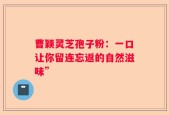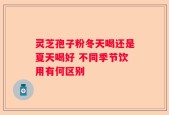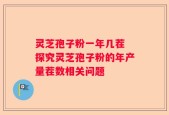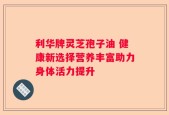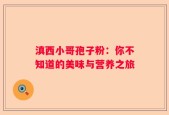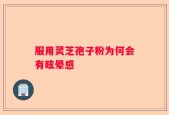你们见过灵芝草吗英语(Have you ever seen the Lingzhi plant)
- 灵芝孢子粉的功效与作用
- 11个月前
- 文章编号: 9
- 更新:2024-06-22 09:27:08
Have You Ever Seen the Lingzhi Plant?
When it comes to traditional Chinese medicine and health supplements, there is one herb that stands out among the rest – the Lingzhi or Reishi mushroom. Commonly known as the "herb of immortality," this plant has been revered for its health benefits for over two thousand years. But have you ever seen the Lingzhi plant in real life?
The Lingzhi Plant
The Lingzhi plant, also known as Ganoderma lucidum in scientific terms, is a woody mushroom that grows on trees. It is found mainly in Asia, particularly in China, Japan, and Korea. Its fruiting body, or mushroom, is shaped like a fan or a kidney and has a bright red or brown color on top with white or yellow on the underside.
While Lingzhi grows on various trees in the wild, it can also be cultivated on logs or sawdust. The cultivation process takes several months to a year, depending on the type of tree or substrate used and the environmental conditions.
The Health Benefits of the Lingzhi Plant
Lingzhi has long been known for its medicinal properties and is often used in traditional Chinese medicine to treat various ailments. It is believed to support the immune system, aid in digestion, and improve liver function. Some studies also suggest that it may have anti-cancer properties and may help lower blood pressure and cholesterol levels.
As a dietary supplement, Lingzhi is available in various forms, including capsules, powder, and tea. However, it is essential to note that while Lingzhi is generally safe for most people, it may interact with certain medications and may not be suitable for everyone. It is advisable to consult a healthcare professional before taking Lingzhi as a supplement.
The Cultural Significance of the Lingzhi Plant
Aside from its medicinal properties, Lingzhi also holds significant cultural meaning in Chinese society. It is associated with longevity, good fortune, and happiness and is often featured in Chinese art and literature. In ancient China, the Lingzhi plant was reserved for emperors and was considered a symbol of status and power. Even today, it is still highly revered and is sometimes referred to as the "king of herbs."
The Lingzhi plant is also often depicted alongside other traditional symbols, such as the dragon and the phoenix. According to Chinese mythology, the dragon and the phoenix represent the balance between male and female energies, and the Lingzhi plant serves as a symbol of unity and harmony between the two forces. This is why it is often featured in wedding decorations and gifts, as it is seen as a wish for a happy and harmonious union.
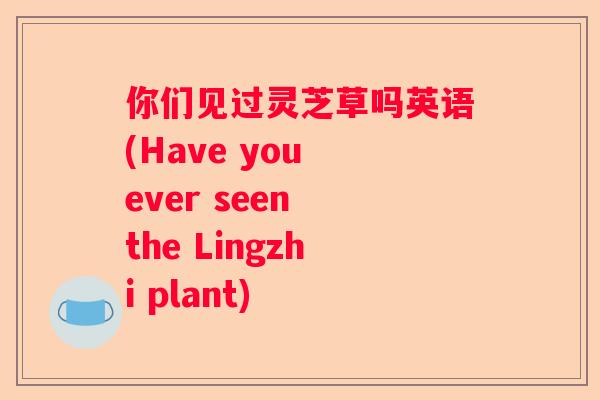
In Conclusion
The Lingzhi plant is not just a herb or a mushroom; it is a cultural and historical icon that has played an essential role in traditional Chinese medicine and culture for thousands of years. Its health benefits and significance in Chinese society have made it a subject of fascination and curiosity for people worldwide. If you ever get the chance to see a Lingzhi plant in person, take a moment to appreciate its beauty and the history and culture that it represents.
